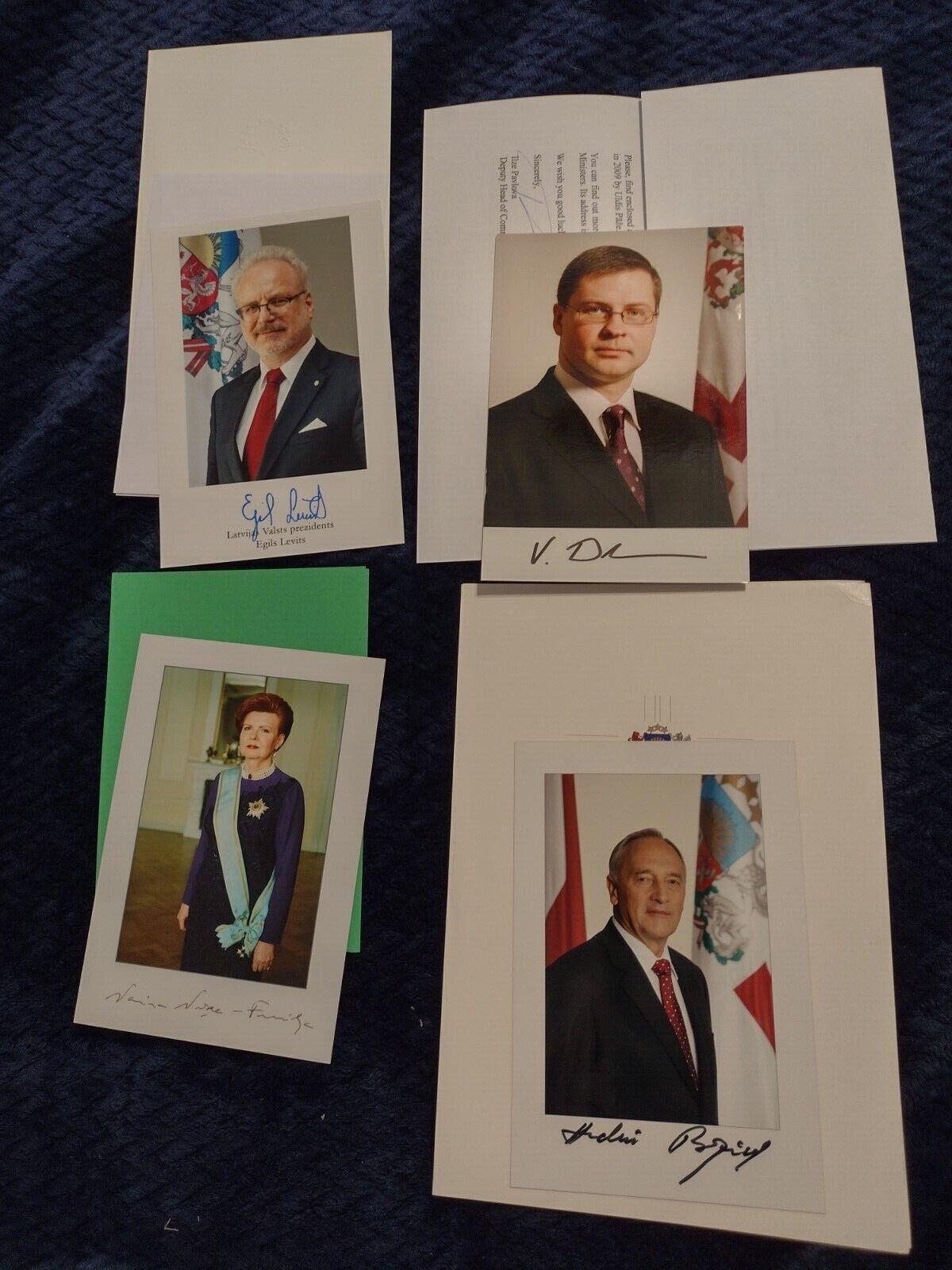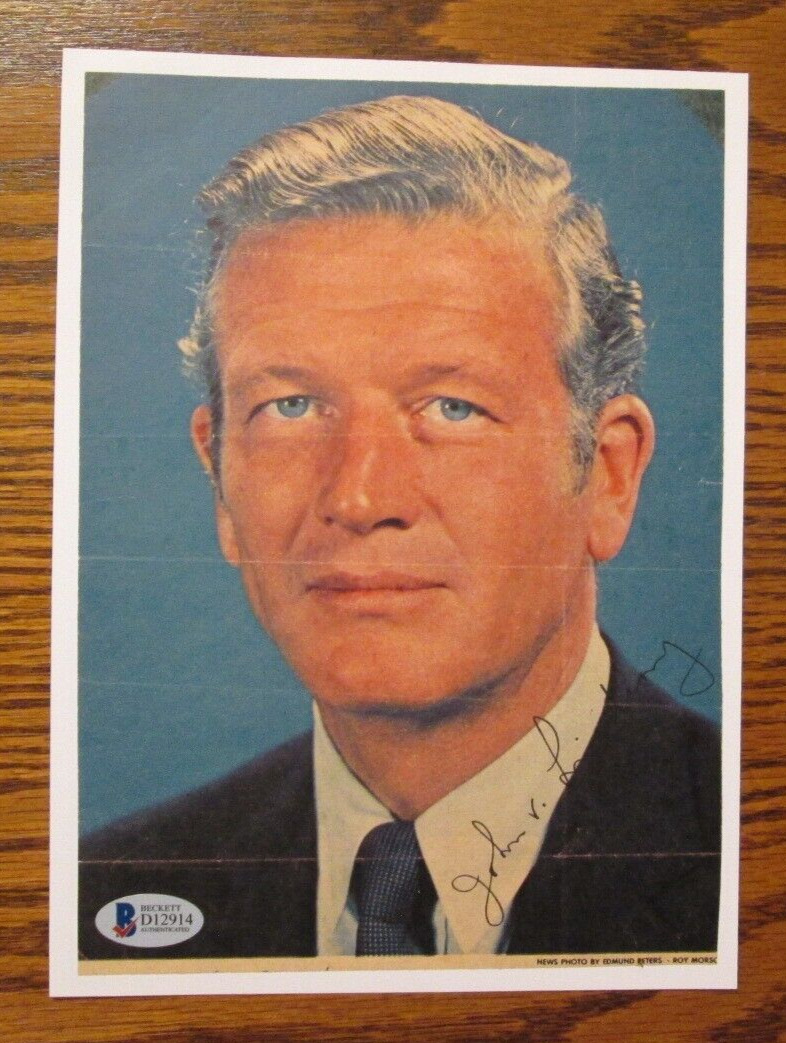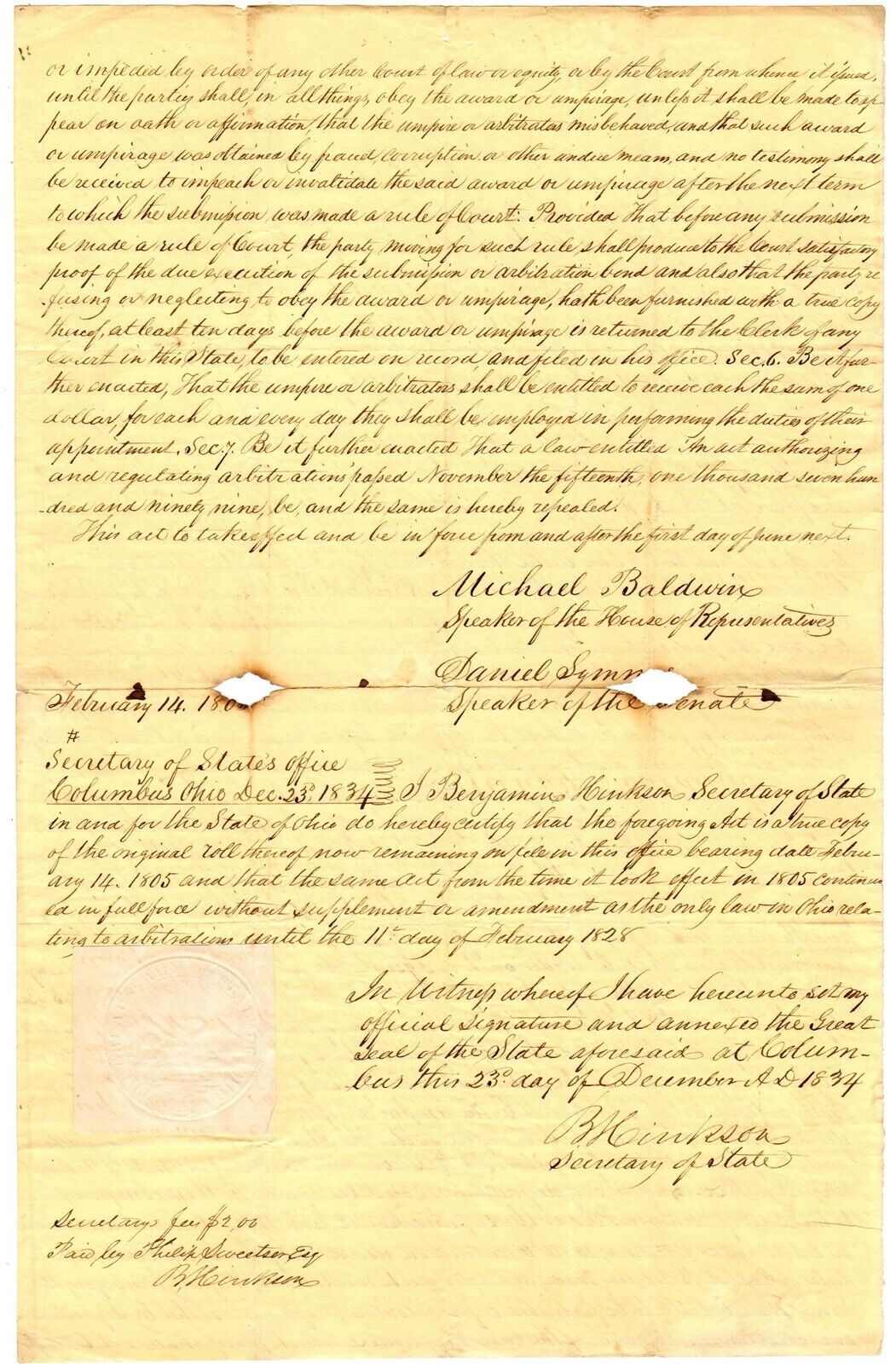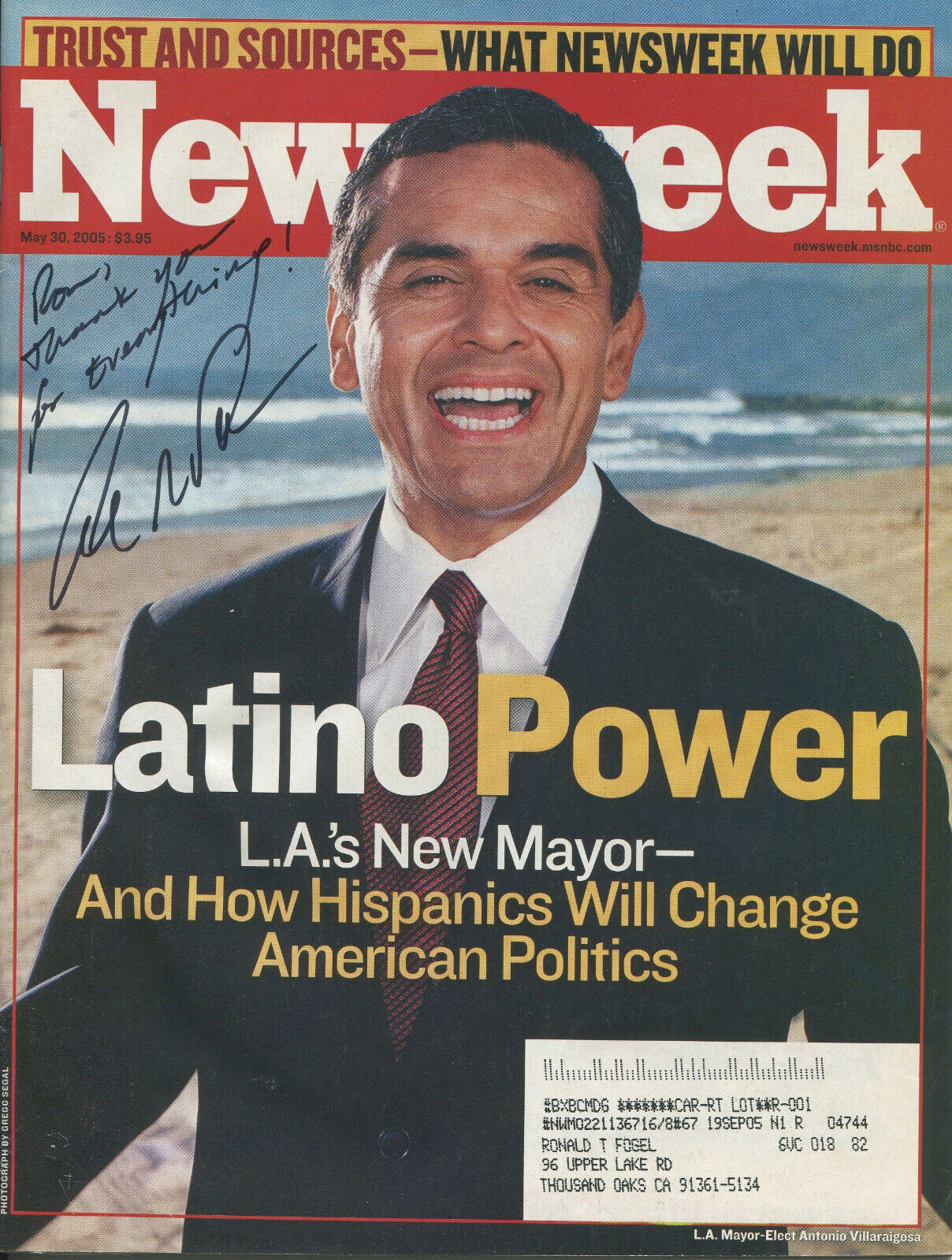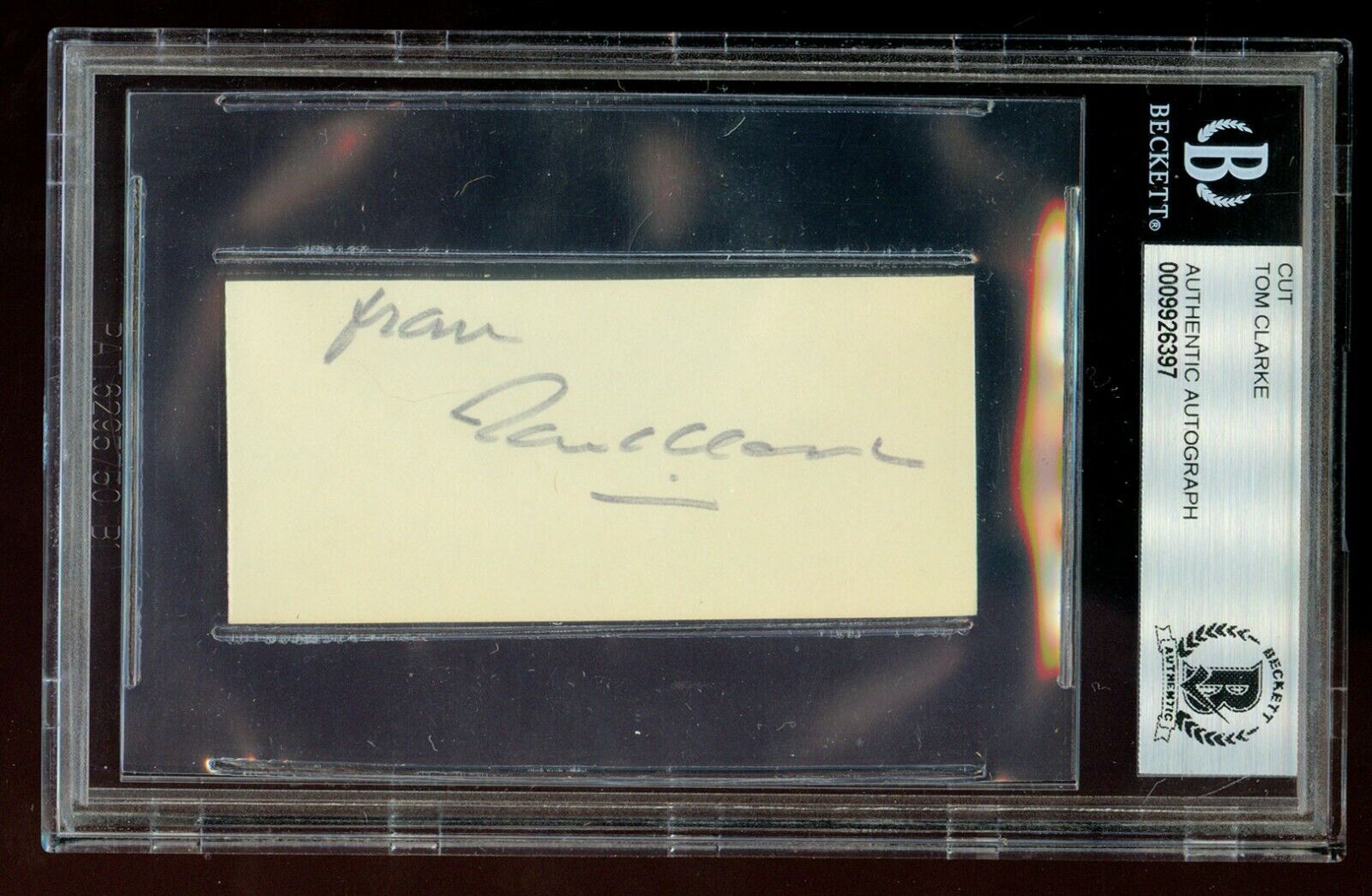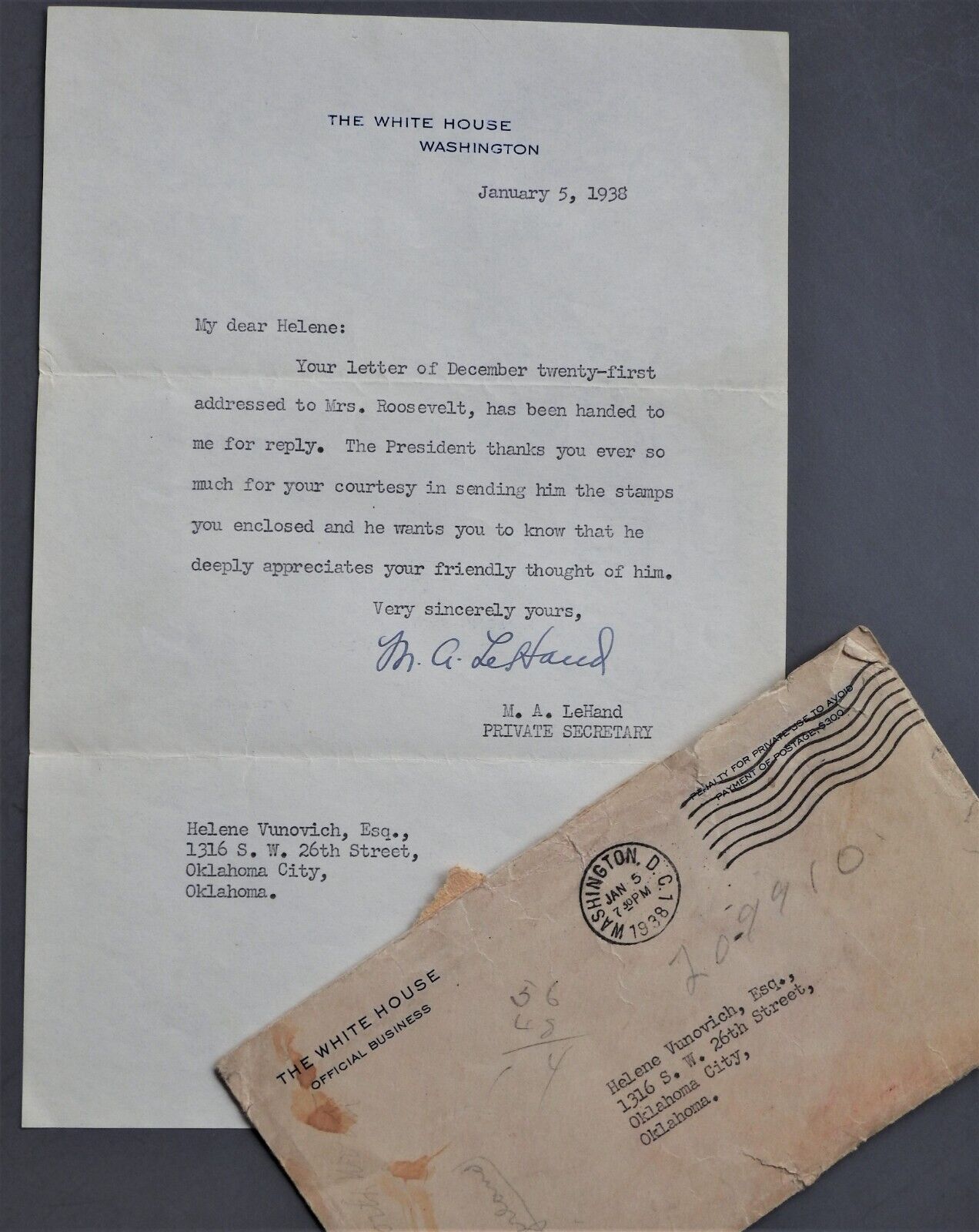-40%
US Senator Millard E. Tydings of Maryland MD Signature on 1948 First Day Cover
$ 21.09
- Description
- Size Guide
Description
US Senator Millard E. Tydings of Maryland MD Signature on 1948 First Day CoverIn 1922, Tydings was elected as a Democrat to the 68th session of the U.S. Congress, and was re-elected to the 69th session, representing the second district of Maryland (March 4, 1923 – March 3, 1927) in the House of Representatives. He was not a candidate for renomination in 1926, having become a candidate for the United States Senate.
He was elected to the Senate in 1926, 1932, 1938 and 1944, and served from March 4, 1927, to January 3, 1951. With Alabama Representative John McDuffie, he co-sponsored the Philippine Independence Act, commonly known as the Tydings–McDuffie Act, which established an autonomous 10-year Commonwealth status for the Philippines. It was planned to culminate in the withdrawal of American sovereignty and the recognition of Philippine Independence.
In January 1934, Tydings introduced a resolution "condemning Nazi oppression of Jews in Germany, and asking President Roosevelt to inform the Hitler government that this country was profoundly distressed about its antisemitic measures." His resolution was bottled up in the Senate Foreign Relations Committee.
In 1936, Senator Tydings introduced a bill in Congress calling for independence for Puerto Rico, but it was opposed by Luis Muñoz Marín, an influential leader of Puerto Rico's pro-independence Liberal Party.[5] Tydings did not gain passage of the bill.[5] (The U.S. senator had co-sponsored the Tydings–McDuffie Act, which provided independence to the Philippines after a 10-year transition under a limited autonomy.)
Following the end of World War II, when the U.S. dropped two atomic bombs on Japan, Tydings sponsored a bill calling for the U.S. to lead the world in nuclear disarmament.[6]
In March 1950, Tydings was appointed to head a committee, generally known as the Tydings Committee, to investigate Joseph McCarthy's early claims of Communist penetration of the federal government and military.[7] The hearings revolved around McCarthy's charge that the fall of the Kuomintang regime in China had been caused by the actions of alleged Soviet spies in the State Department, and his allegation that the Sinologist Owen Lattimore was a "top Russian agent." The hearings, held from March to July 1950, were stormy as charge was met with counter-charge. In McCarthy's first 250 minutes on the stand, Tydings interrupted him 85 times with questions and demands for substantiation,[8] enraging McCarthy who condemned Tydings as an "egg-sucking liberal".[9] As such, the trial attracted much media attention, especially after Louis F. Budenz entered the proceedings as a surprise witness supporting McCarthy's charges. In July, the committee published its report, concluding that McCarthy's accusations were spurious and condemning his charges as an intentionally nefarious hoax.
When Tydings ran for re-election in 1950, he battled Senator McCarthy and would dismiss the Senator's claims of Communist infiltration of the State Department as "a fraud and a hoax."[10] McCarthy's staff distributed a composite picture of Tydings with Earl Browder, the former leader of the American Communist Party. Tydings had never met him before Browder testified in July 1950. The composite photo merged a 1938 photo of Tydings listening to the radio and a 1940 photo of Browder delivering a speech; the text under the composite photo stated that when Browder had testified before Tydings's committee, Tydings had said, "Thank you, sir." Although the quote was technically accurate, it was generally held to be misleading, as it implied a degree of amity between Browder and Tydings that did not exist.
In the 1950 election, Tydings was defeated by John Marshall Butler. In 1956, he was nominated as the Democratic candidate for the United States Senate but withdrew before election due to ill health.
During his congressional service, Tydings was chairman of the United States Senate Committee on Territories and Insular Affairs (73rd through 79th Congresses), the Subcommittee on the Investigation of Loyalty of State Department Employees ("Tydings Subcommittee") (81st Congress), and the U.S. Senate Committee on Armed Services (81st Congress).





